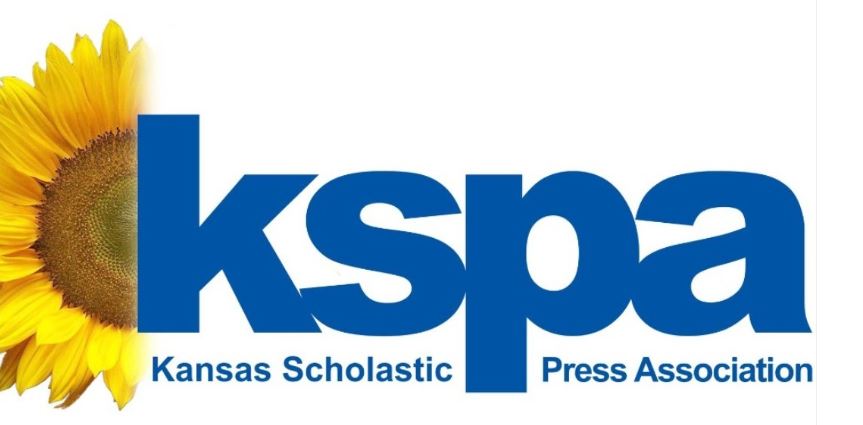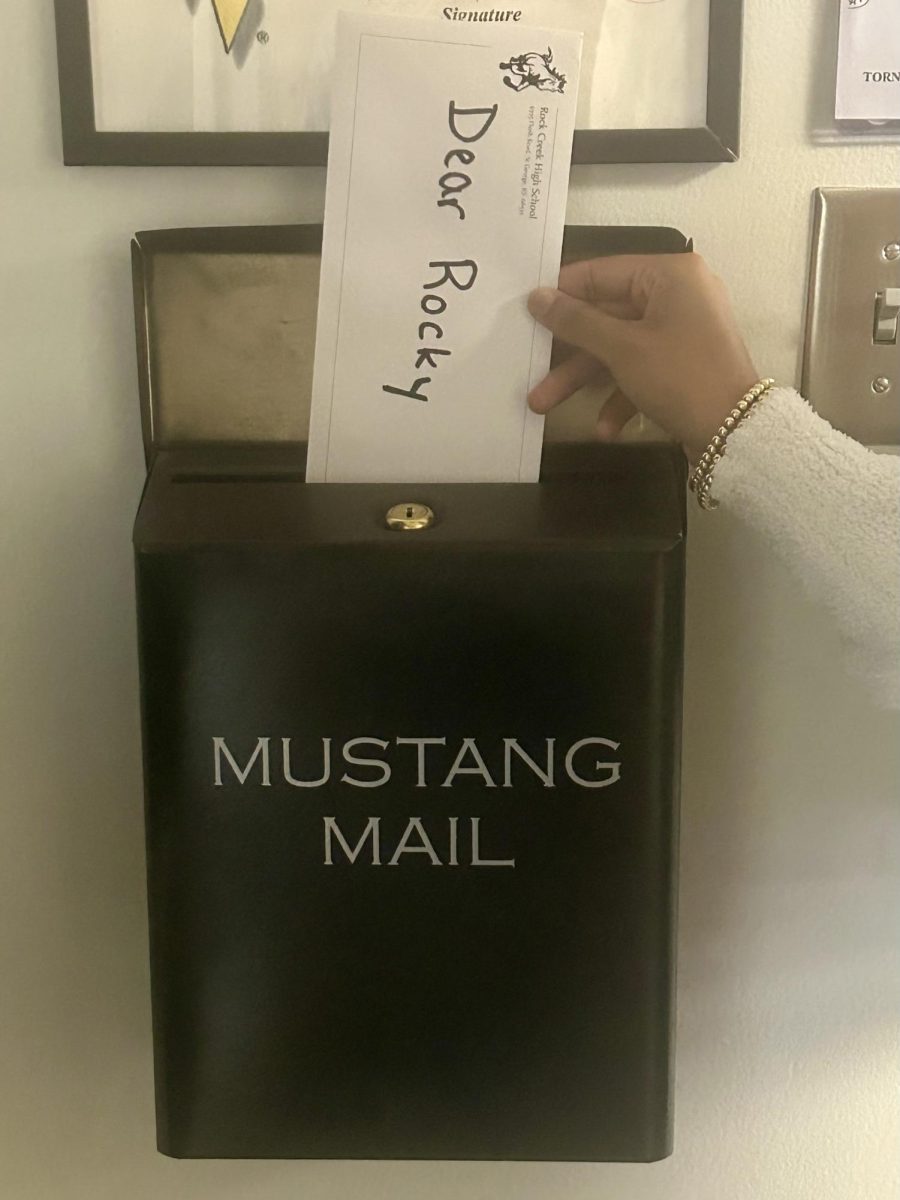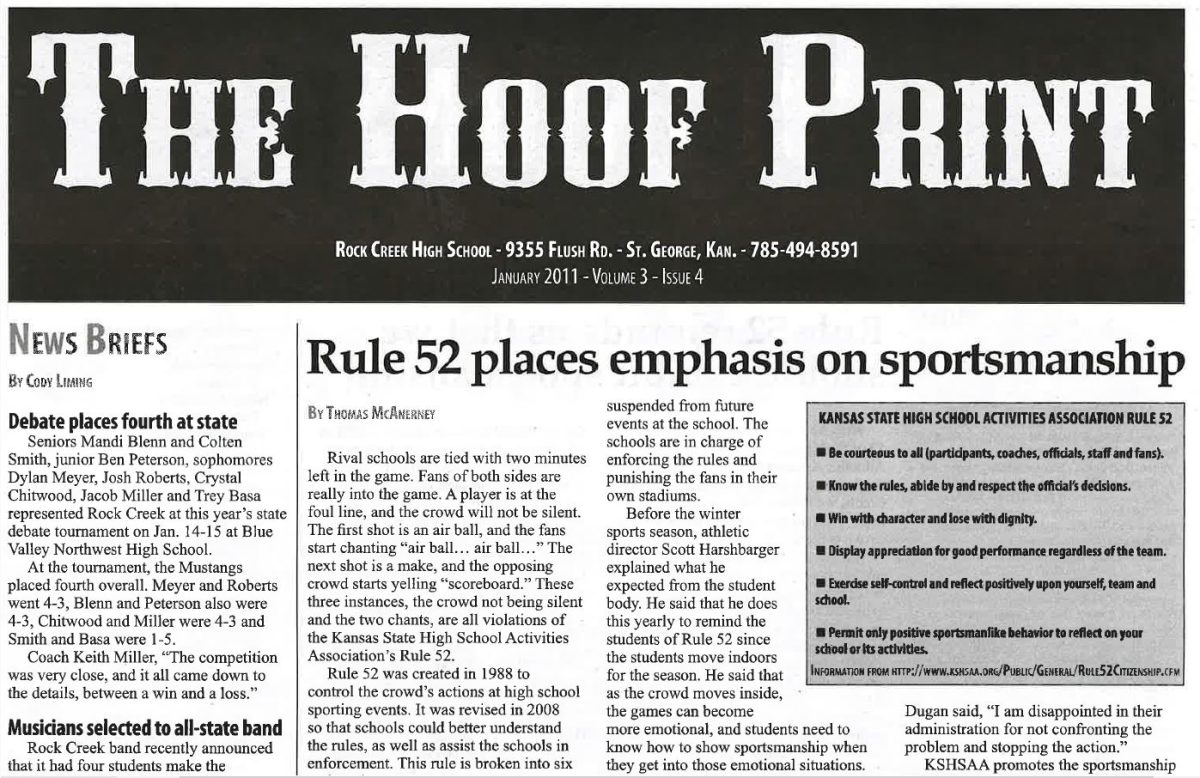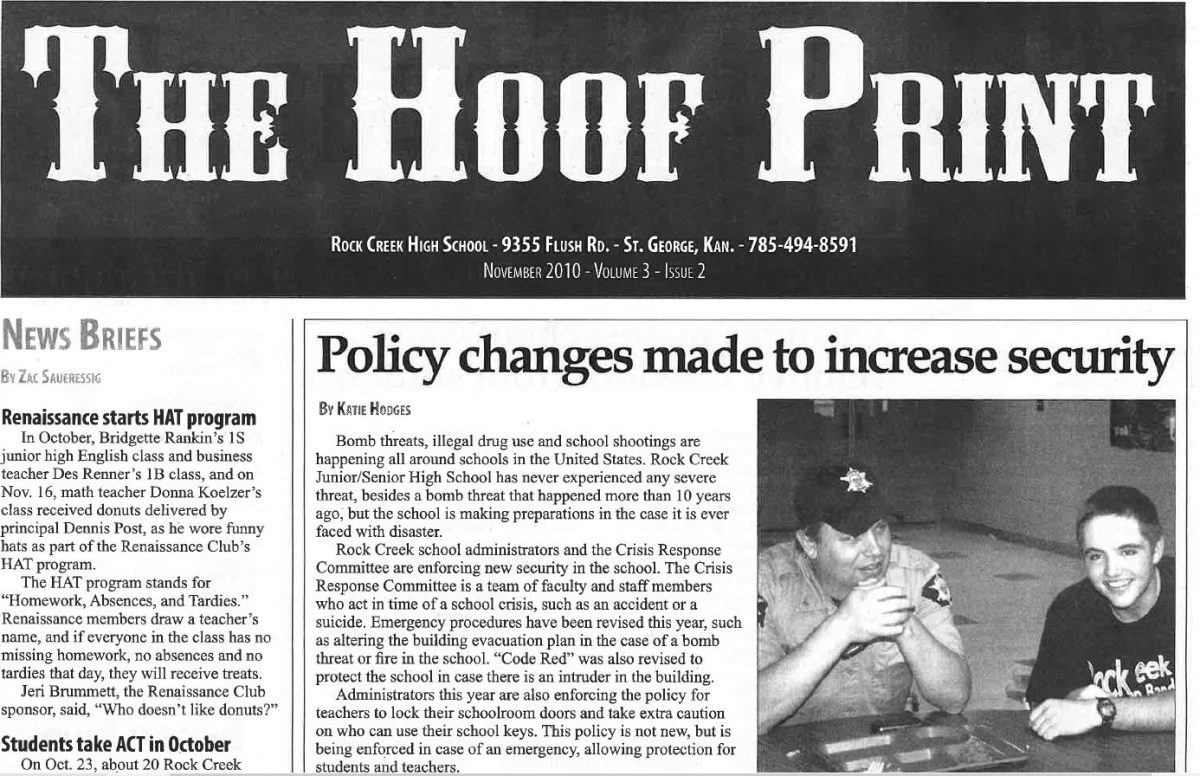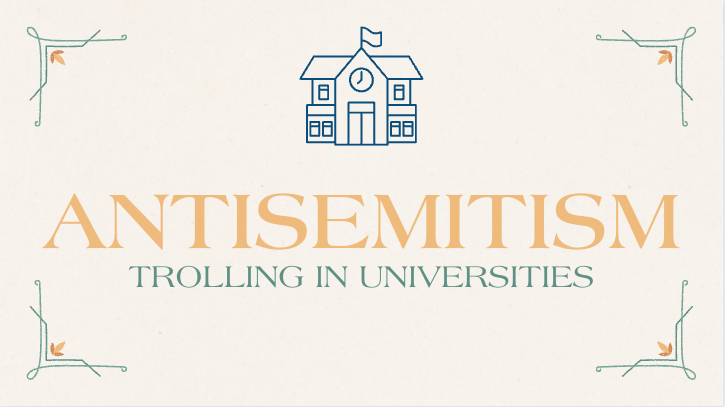Recent wars in Ukraine, Russia, and Israel have sparked many controversial opinions from collegiate Presidents at MIT, Harvard, and the University of Pennsylvania, who have spoken about whether Jewish genocide constitutes bullying and harassment.
During a panel interview on December 5th, the House Republican Conference Chair, Elise Stefanik, interrogated President Claudine Gay, President Sally Kornbluth, and former President Liz Magill, on antisemitism on campus. Congresswoman Stefanik quickly asked a heated question on the topic, whose answer sent many into shock. “Does calling for the genocide of Jews violate Harvard’s rules on bullying and harassment?” Stefanik questioned. Harvard President, Dr. Gay, replied “It can be, depending on the context.”
MIT President, Sally Kornbluth, and former UPenn President, Liz Magill, also commented on this question, giving similar answers to Dr. Gay. They believe, depending on the context, it would determine whether hate speech violates harassment policies. When interrogated by Congresswoman Stefanik, former President McGill refused to answer “yes”, specifically to the question if the calling for the genocide of Jews violates UPenn’s code of conduct. She later resigned from her position due to large amounts of backlash.
When preparing for a current events quiz, Intro to Journalism students discovered this interesting situation. When I was made aware of the situation, it intrigued me. Congresswoman Stefanik asked very direct questions, but the presidents tried to find a way to manipulate the question. Generally, high administrative positions try to find ways to not answer a question directly, which proves they are refusing to share their opinion. Most believe these higher positions only answer to an extent where they won’t offend either side. However, in this situation, these presidents of higher administrative positions did not directly answer the question, which offended many people.
While it’s not just people of high authority, there are many people of lower administration who end up in similar positions of these presidents. School administration, city council, and education board members are all examples of people whose answers to direct questions have an effect on others. No matter how large or small a position may be, responses to controversial and seemingly simple yes or no questions can end with an unpleasant result.
*A month later, Harvard president, Claudine Gay resigned from her position. This information has been added to maintain legitimacy.*




